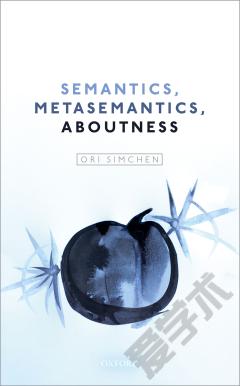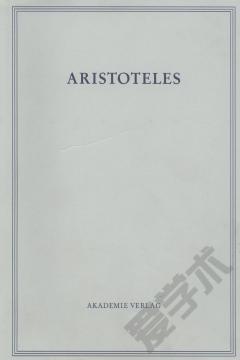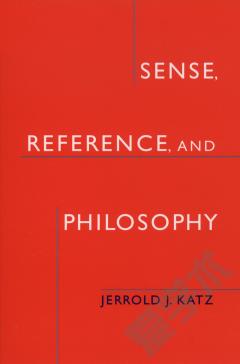Rhetoric, Sophistry, Pragmatism
The anti-sceptical relativism and self-conscious rhetoric of the pragmatist tradition, which began with the Older Sophists of Ancient Greece and developed through an American tradition including William James and John Dewey has attracted new attention in the context of late twentieth-century postmodernist thought. At the same time there has been a more general renewal of interest across a wide range of humanistic and social science disciplines in rhetoric itself: language use, writing and speaking, persuasion, figurative language, and the effect of texts. This book, written by leading scholars, explores the various ways in which rhetoric, sophistry and pragmatism overlap in their current theoretical and political implications, and demonstrates how they contribute both to a rethinking of the human sciences within the academy and to larger debates over cultural politics.
{{comment.content}}








 京公网安备 11010802027623号
京公网安备 11010802027623号